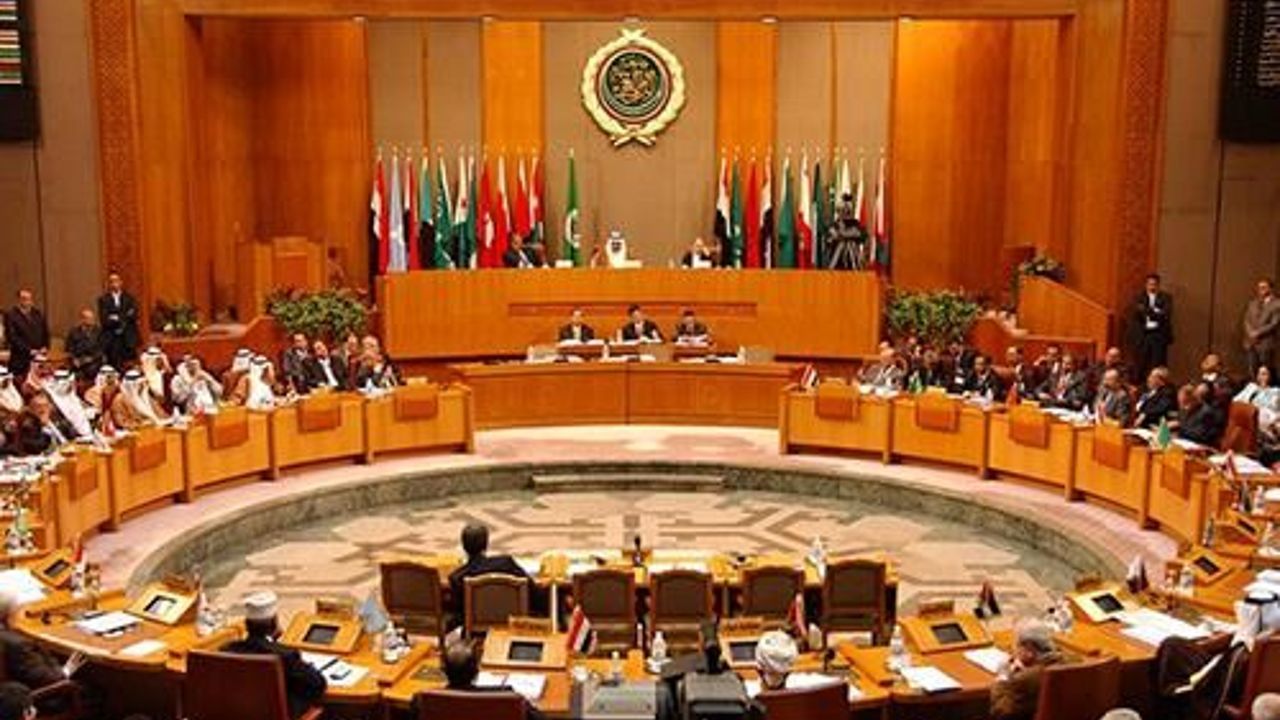Arab League slams Israeli violations in Al-Aqsa
World |
The Arab League on Sunday called on the international community to seriously act to put an end to Israeli violations in occupied East Jerusalem and Al-Aqsa Mosque compound.

Font Size:
The pan-Arab body said in a statement following a meeting at the level of permanent representatives that Israel was responsible for the deteriorating conditions in Jerusalem as a result of its unending violations in the city as well as its violations against al-Aqsa Mosque.
It added that these violations would have their negative implications on peacemaking with the Palestinians as well as on security and stability in the region as a whole.
The Arab League also welcomed decisions made by the UNESCO executive council on October 28 to monitor daily Israeli violations in East Jerusalem.
It called for sending a mission from the United Nations to have a first-hand experience of these violations on the ground.
Tensions ran high over the weekend in East Jerusalem as Israel closed the Al-Aqsa Mosque compound on Thursday, shortly after the shooting of an extremist Jewish rabbi in the city. The move is the first of its kind since the occupation of Jerusalem by Israel in 1967.
Israeli authorities reopened Al-Aqsa on Friday following a day of violent clashes with Palestinian protesters, but barred male worshippers under 50 years old from entering the religious site.
Palestinian Authority President Mahmoud Abbas, for his part, warned that the closure of Al-Aqsa Mosque compound constituted a "declaration of war" against the Palestinian people and their sacred places.
For Muslims, Al-Aqsa represents the world's third holiest site. Jews, for their part, refer to the area as the "Temple Mount," claiming it was the site of two Jewish temples in ancient times.
Israel occupied East Jerusalem during the 1967 Middle East War. It later annexed the holy city in 1980, claiming it as the capital of the self-proclaimed Jewish state a move never recognized by the international community.
In September 2000, a visit to the site by controversial Israeli politician Ariel Sharon sparked what later became known as the "Second Intifada," a popular uprising against the Israeli occupation in which thousands of Palestinians were killed.
Anadolu Agency
It added that these violations would have their negative implications on peacemaking with the Palestinians as well as on security and stability in the region as a whole.
The Arab League also welcomed decisions made by the UNESCO executive council on October 28 to monitor daily Israeli violations in East Jerusalem.
It called for sending a mission from the United Nations to have a first-hand experience of these violations on the ground.
Tensions ran high over the weekend in East Jerusalem as Israel closed the Al-Aqsa Mosque compound on Thursday, shortly after the shooting of an extremist Jewish rabbi in the city. The move is the first of its kind since the occupation of Jerusalem by Israel in 1967.
Israeli authorities reopened Al-Aqsa on Friday following a day of violent clashes with Palestinian protesters, but barred male worshippers under 50 years old from entering the religious site.
Palestinian Authority President Mahmoud Abbas, for his part, warned that the closure of Al-Aqsa Mosque compound constituted a "declaration of war" against the Palestinian people and their sacred places.
For Muslims, Al-Aqsa represents the world's third holiest site. Jews, for their part, refer to the area as the "Temple Mount," claiming it was the site of two Jewish temples in ancient times.
Israel occupied East Jerusalem during the 1967 Middle East War. It later annexed the holy city in 1980, claiming it as the capital of the self-proclaimed Jewish state a move never recognized by the international community.
In September 2000, a visit to the site by controversial Israeli politician Ariel Sharon sparked what later became known as the "Second Intifada," a popular uprising against the Israeli occupation in which thousands of Palestinians were killed.
Anadolu Agency
Similar News
Video News

WORLD
26 Mart 2024 - 11:18
Photo News






